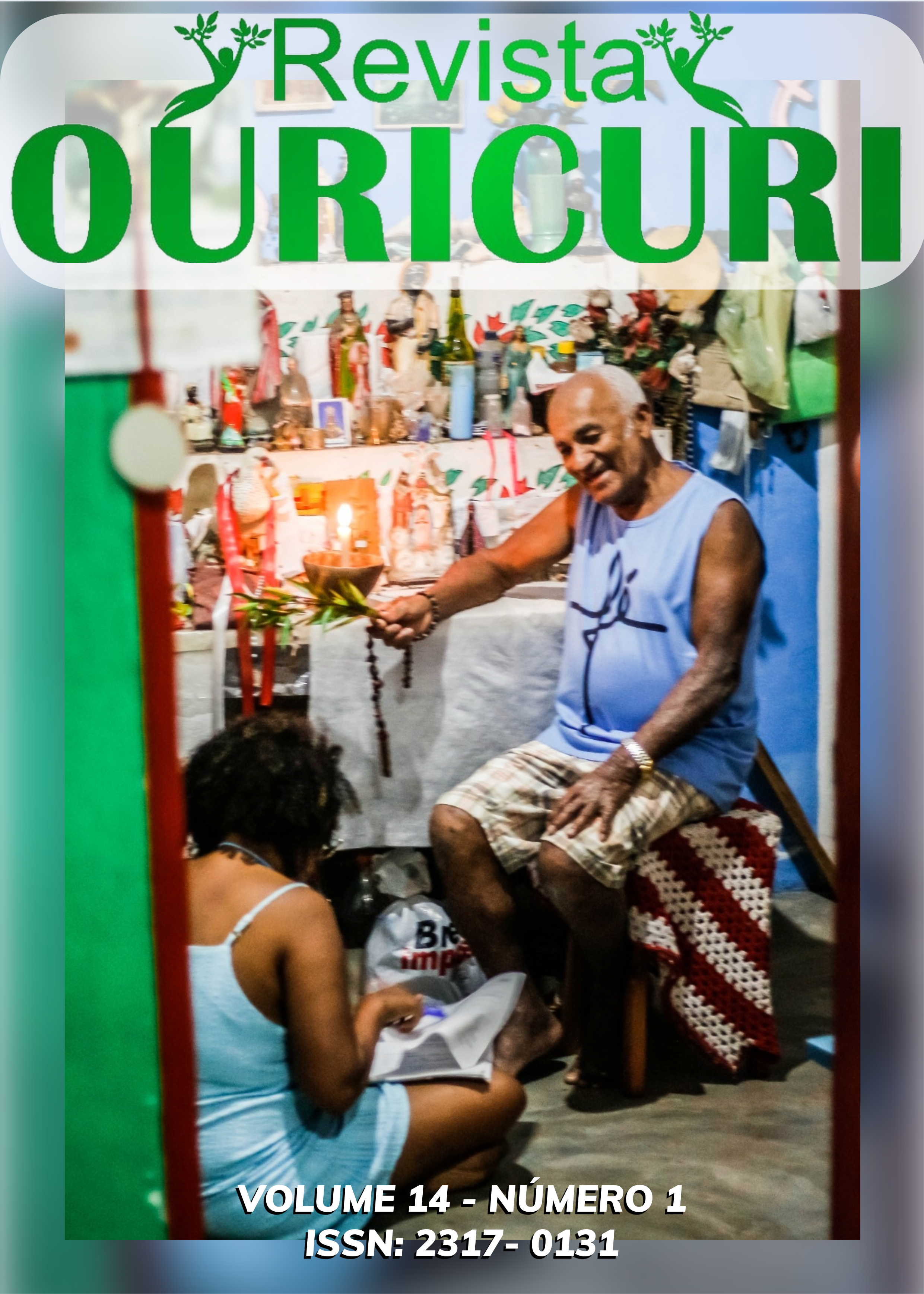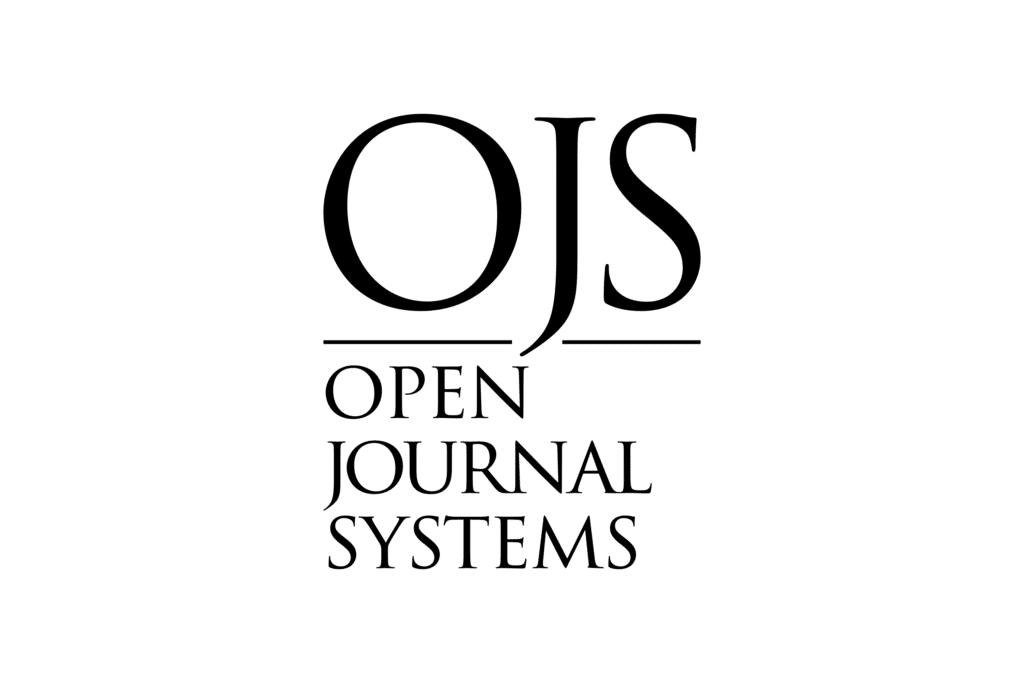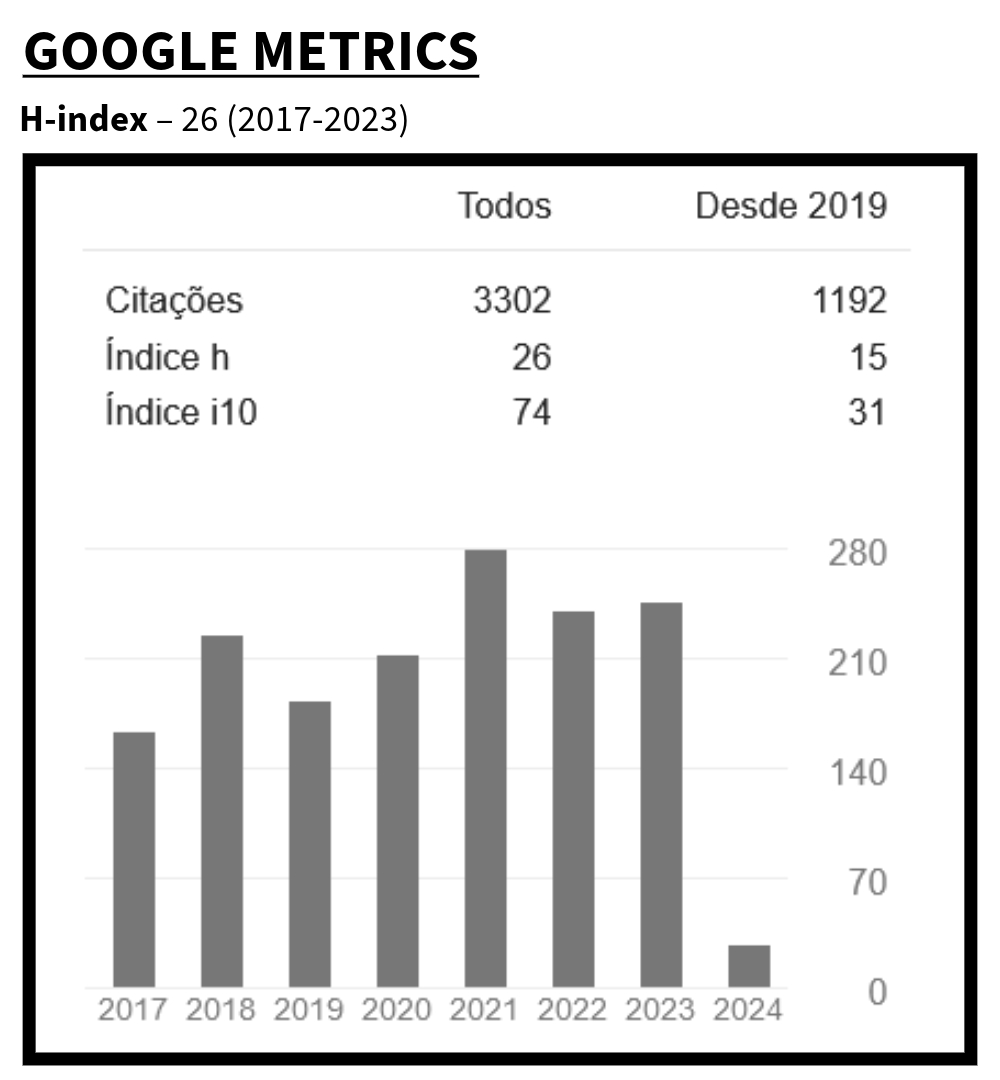I/WE
HISTORY AND AUTOETNOGRAPHY
DOI:
https://doi.org/10.59360/ouricuri.vol14.i1.a18456Keywords:
Colonia Philippson, Russian jews, ImmigrationAbstract
This is an account of a longitudinal research about the author's russian jewish family’s arrival to Brazilian territory. This arrival was carried out through a colonization program that installed the family in a rural area of the State of Rio Grande do Sul. This study consists of three large blocks. The first can be described as a macro-social level of the context in which the phenomena occurred, in Russia and Brazil; the second level stemmed from the reading of letters from Colony administrators dated to the beginning of the 20th century, read as being the present lived in the colony; the third level was the I/we level – because talking about family is always talking about “we”, and about that being a researcher and research participant at the same time revealed about the researcher and about her family's past experienced by her in the present. In this third level, the methodology was autoethnography, while in the previous levels it was about socio-familiar-historical research in documentary sources and interviews. It is a multiple and complex study that permeates many areas, but the main conclusion poses the issue of intersubjectivity seen through a historical inherence reflected in mirrors directed at various temporal dimensions. This occurred because, as a researcher, I saw myself as part and participant of the same story told in different ways. These mirrors reflected another that is me and launched the perception that, as a researcher, I am also narrated by the other.
Downloads
References
AGAMBEN, Giorgio. Enfance et histoire. Destruction de l´expérience et origine de l´histoire. (Trad. Yves Hersant). Paris: Eds. Payot et Rivages, 2000.
ARENDT, Hannah. Entre o passado e o futuro. (Trad. Mauro. W. Barbosa). 7. ed. São Paulo: Perspectiva, 2011. (Edição original 1954).
CABRAL, João de Pina, Lima, Antônia Pedroso de. Como fazer uma história de família: um exercício de contextualização social. Etnográfica, 11(2): 355-388, 2005.
CHANG, Heewon. Autoethnography as method. Disponível em: . Acesso em 15/05/2014.
ELLIS, Carolyn. The ethnographic I. A methodogical novel about autoethnography. Walnut Creek (USA): Altamira Press, 2004.
FRISCHER, Dominique. Le Moise des Amériques. Vies et ouevres du munificent baron de Hirsch. Paris: Bernard Grasset, 2002.
GOUBERT, Jean-Pierre. A História: um território sem fronteiras. Revista Brasileira do Crescimento e Desenvolvimento Humano 10(2): 01-02, 2000.
KERTÉSZ, Imre. Eu, um outro. Sâo Paulo: Planeta, 2008. (original 1997).
KLIER, John Doyle. Imperial Russia´s Jewish Question 1855-1881. Cambridge Cambridge University Press, 1995.
LÉVINAS, E. Entre nós: ensaios sobre a alteridade. 3ª ed. (P. Pivatto et al., Trad.). Petrópolis: Vozes, 2004.
LORIGA, Sabrina. O eu do historiador. História da historiografia. Ouro Preto, n. 10, p. 247-259, 2012.
MASSIMI, Marina; MAHFOOD, Miguel; Silva, P. J. d.; AVANCI, S. H. S. Navegadores, colonos, missionários na Terra de Santa Cruz: um estudo psicológico da correspondência epistolar. São Paulo: Loyola, 1997.
PINTO, Amâncio da Costa. O impacto das emoções na memória: alguns temas em análise. Psicologia, Educação e Cultura, v. 2, n. 2, p. 215-140, 1998. Disponível em http://www.fpce.up.ptacpinto. Acesso em 10 set. 2013.
RABINOVICH, Elaine Pedreira. Os herdeiros da Colônia Philippson: trajetória de uma família de judeus imigrantes no Rio Grande do Sul. São Paulo: AllPrint Editora, 2015.
RAMIREZ, Paulo Niccoli. A memória e a infância em Marcel Proust e Walter Benjamin. Memoria, n. 10, 2011. Disponível em . acesso em 12 set. 2013.
RICOUER, Paul. Soi-même comme un autre. Paris: Eds du Seuil, 1990.
ROMANO, Claude. L´aventure temporelle. Trois essais pour introduire l´herméneutique événementiale. Paris: Presses Universitaires de France, 2010.
PAZ, Octavio. O arco e a lira. Rio de Janeiro: Nova Fronteira, 1982.
SCHUTZ, Alfred. O estrangeiro – um ensaio em psicologia social. Revista Espaço Acadêmico, 113, p. 117-129, 2010. (M. Duarte & M. Hanke, Trad.)
Published
How to Cite
Issue
Section
License
Copyright (c) 2023 Revista Ouricuri

This work is licensed under a Creative Commons Attribution-NonCommercial 4.0 International License.
Authors who publish in this journal agree to the following terms:
a) Authors maintain copyright and grant the magazine the right of first publication, with the work simultaneously licensed under the Creative Commons Attribution License which allows sharing of the work with recognition of authorship and initial publication in this magazine.
b) Authors are authorized to enter into additional contracts separately, for non-exclusive distribution of the version of the work published in this journal (e.g., publishing in an institutional repository or as a book chapter), with recognition of authorship and initial publication in this journal.
c) Authors are allowed and encouraged to publish and distribute their work online (e.g. in institutional repositories or on their personal page) as this can increase the impact and citation of the published work (See The Effect of Open Access).













 B1 (2017-2020)
B1 (2017-2020)



















